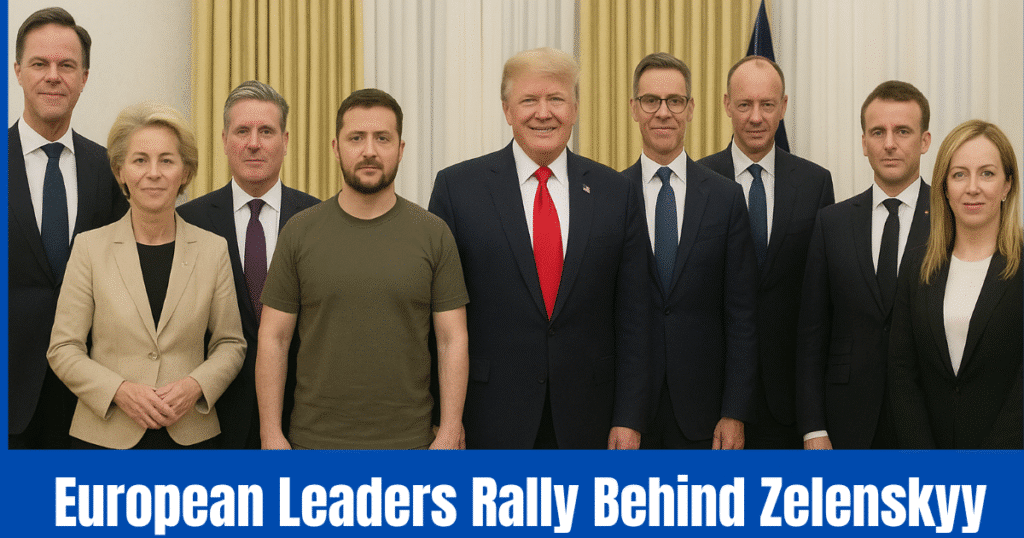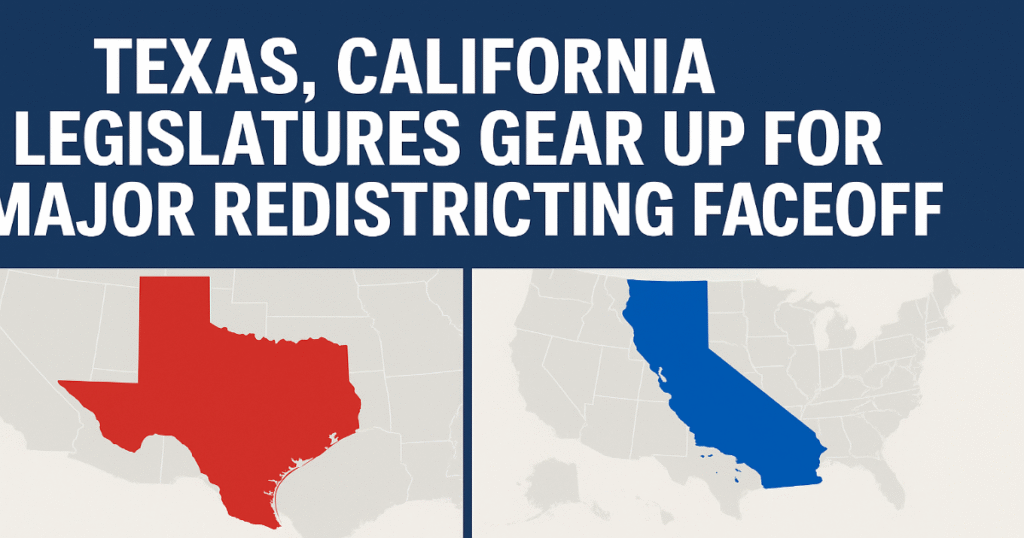
Washington/Brussels — August 21, 2025
Negotiations between the Trump administration and European leaders over a new trade framework have entered a critical phase, but early signs suggest that the highly anticipated deal is offering little comfort to Europe’s struggling auto industry.
Europe’s Hopes Dashed
For months, automakers in Germany, France, and Italy had lobbied EU officials to secure tariff relief and regulatory concessions that could ease pressure from a slowing global market. But according to officials briefed on the talks, the draft agreement unveiled this week leaves auto tariffs largely unchanged. Instead, the deal focuses heavily on agricultural products and limited technology standards—areas seen as less urgent by Europe’s auto giants.
“This agreement is not the breakthrough many of us hoped for,” said a senior executive at a major German automaker, speaking on condition of anonymity. “It leaves our core challenges untouched, particularly U.S. import duties and regulatory alignment.”
Trump Administration’s Position
President Trump has repeatedly accused European carmakers of “flooding” the U.S. market and insisted that any trade pact must protect American manufacturing jobs. White House officials defended the deal, arguing that it reflects Trump’s campaign pledge to prioritize American workers.
“President Trump is delivering on his promise to rebalance trade relationships that have disadvantaged U.S. industry for decades,” said a senior administration official. “This deal is a win for American farmers and a step toward fairer trade overall.”
Market Reactions
European auto stocks dipped in early trading following news of the agreement. Shares of BMW, Volkswagen, and Stellantis all fell by more than 2 percent, reflecting investor disappointment. Analysts warn the deal could further strain transatlantic trade ties at a time when automakers face rising costs from electric vehicle transitions and supply chain disruptions.
EU Pushback
European Commission officials stressed that talks remain ongoing and suggested the deal could still be adjusted. “We remain committed to ensuring fair treatment for our industries, including automotive,” EU Trade Commissioner Helena Berger said. “Negotiations are not over.”
What’s Next
Trade experts expect further rounds of talks in the fall, but few see major breakthroughs ahead. With Trump doubling down on his protectionist trade stance and Europe reluctant to make concessions on agricultural imports, the stalemate could linger.
For automakers, that means continued uncertainty. “Without relief on tariffs or clear regulatory alignment, we face the same problems as before,” said one industry analyst. “The political theater may have shifted, but the economic reality has not.”
Also Read: Texas, California Legislatures Gear Up for Major Redistricting Faceoff
Visit: Cheapest Sale

Hey I am Srimanta Pradhan brings 10 years of experience to News Broadcast and Marketing, specializing in effective communication.A specialized content writer with a decade of expertise crafting compelling narratives for News Broadcast and Marketing. Transforms complex information into engaging, impactful content.




















